 Parliamentary groups are the central organizational units in parliament. This applies to the German Bundestag, which is not characterized as a “parliamentary group parliament” for nothing, as it does to the vast majority of parliaments worldwide. In contrast, the political science debate on parliamentary groups continues to offer great desiderata, which our parliamentary group project addresses.
Parliamentary groups are the central organizational units in parliament. This applies to the German Bundestag, which is not characterized as a “parliamentary group parliament” for nothing, as it does to the vast majority of parliaments worldwide. In contrast, the political science debate on parliamentary groups continues to offer great desiderata, which our parliamentary group project addresses.
If you are interested in the parliamentary group project or can help us with information, please get in touch with Dr Danny Schindler and/or Oliver Kannenberg.
The PPG-project at IParl comprises three strands of research:
Rules of procedure regulate the internal organisation of political groups in parliament, distribute opportunities for influence and, last but not least, have a symbolic significance as an expression of a political group's self-image. They characterise the decision-making process within the parliamentary group and thus have an impact on the entire parliamentary process. It is not for nothing that they are sometimes referred to as the "parliamentary group constitution".
Despite their importance for parliamentary decision-making in the parliamentary group, they have so far been the subject of little research in political science.
The IParl project SOPiP adopts a comparative perspective in two respects: First, the development and significance of PPG standing orders in Germany will be analysed longitudinally. The starting point is that the Paulskirchenversammlung already had such documents to internally regulate group decision-making. Secondly, the standing orders of the PPGs will be analysed in an international comparative perspective, taking into account different system types (parliamentary, presidential), system levels (nation states, European Parliament) and regime types (democracies, authoritarian states).
The phenomenon of factional switching has been succinctly characterised by Carol Mershon as "both confusing and important". Indeed, at first glance, changing party and group affiliation appears to be a rather irrational behaviour. This is true regardless of whether the change is to a new party or as an independent MP. The political capital accumulated over years and, in some cases, the value of decades of painstaking grassroots, networking and campaigning work is inevitably diminished by a change of party affiliation. Although in most cases you can be sure of a warm welcome from your colleagues in the new parliamentary group, you also have to live with the accusation of "betraying the voters" and are seen by many as a political renegade.
Although Germany has an extremely high degree of stability in the composition of parliamentary groups compared to other countries, it is important to analyse this phenomenon, as it can affect the functioning of parliaments and the quality of representative democracy.
The underlying data set includes all changes in parliamentary party affiliation in the 16 German federal states and in the German Bundestag since 1990. The guiding question is: Who changes where and for what reasons and when? In addition, individual sequence analyses are used to investigate the phenomenon of "faction jumpers", i.e. multiple consecutive changes of affiliation.
Depending on how the electoral law is organised, it is possible for a party to enter parliament without meeting the percentage/absolute threshold for the formation of a PPG (PPG threshold). However, in order to enable MPs to participate effectively in parliamentary work, most German parliaments at federal and state level provide for the formation of smaller and less powerful "groups". However, the necessary hurdles (in terms of personnel or content) can vary considerably.
The central question in our analysis of the different group formations and activities over time is: Do such groups simply function as smaller PPGs?
In a second step, an international comparison is also made in order to examine more closely whether the partial institutionalisation of smaller organisational units represents a special German approach.
To date, the IParl PPg-project has produced the following publications and working papers:
Die Verfassung der Fraktion. Institutionelle Variationen und Institutionenwandel, by Danny Schindler and Oliver Kannenberg
The formal institutional rules of the parliamentary groups, their rules of procedure, are among the least analysed documents in political science. However, they have an importance that goes beyond the organisation of intra-party decision-making. In the SOPiP (Standing Orders of Parties in Parliament) project, which is being carried out at the Institute for Parliamentary Research, the parliamentary group constitutions are being analysed from a longitudinal and cross-sectional perspective. The longitudinal perspective deals with the genesis and change of parliamentary group constitutions in Germany. This can be traced back to the parliamentary groups in the Paulskirchen parliament in 1848/1849, whose documents still contain regulations that can be found today. An international comparison reveals a wide range of institutional variation for various regulatory issues such as leadership selection or voting discipline. A case study of the SPD parliamentary group illustrates initial findings and the potential for analysing institutional reform processes. Numerous further research questions illustrate the need for more in-depth analyses.
The article was published in the Zeitschrift für Parlamentsfragen (ZParl), vol. 53, no. 4, 2022, pp. 730-746.
Elite domination or participatory democracy? Comparing the rules of the game within parliamentary party groups, by Danny Schindler and Oliver Kannenberg
In recent decades, there has been a vibrant debate on the organisation of decision-making and degree of democracy within parties. Compared with those efforts, little attention has been paid to the Parliamentary Party Groups (PPG). Although their importance for the functioning of representative democracies is widely acknowledged, most studies treat them as "parties behind closed doors" whose workings remain rather hidden. We address this research gap by focusing on the formal rules of the game within PPGs, i.e. their standing orders. Approaching those constitutional documents comparatively, we ask three main questions: First, to what extent are the group's decisions determined by their leadership? Second, to what extent can single members or minorities influence decisions on policy and other topics? In sum, how participatory or hierarchical are the formal decision-making procedures? More specifically, we develop a multi-facetted index with 34 items including leadership (de-)selection, voting discipline, and PPG agenda setting. The index is subjected to an empirical exami-nation by drawing on an original data set that includes 56 standing orders from ten countries. We show that PPGs differ heavily in their institutional design. Interestingly, this is not a question of group size or standing order length but of rule formalisation. The more regulated PPGs are, the less elite domination is implied by their rulebooks.
The paper was presented at the IPSA World Congress 2021, 10-15 July 2021 and the 7th international interdisciplinary conference of political research SCOPE: Science of Politics, 20-24 September 2021.
Steuerungsinstrument und Anpassung an die Realität. Die Formalisierung politischer Führung in den Statuten der SPD-Bundestagsfraktion 1949-2019, by Danny Schindler
Questions of rules of procedure are - in the words of Wilhelm Hennis - "questions of power par excellence". Against this background, the article analyses the development of the rules of procedure of the SPD parliamentary group in the German Bundestag. It shows that both the rules of procedure as a whole and the scope of leadership competences have visibly increased since 1954. In addition, clear shifts in emphasis towards or within the leadership level can be identified. These forms of institutional change point to the adaptability of the parliamentary group and the status of parliamentary group statutes as "living" documents.
The paper was presented at the Friedrich-Ebert-Stiftung conference "Die Geschichte und politische Arbeit der SPD-Bundestagsfraktion“ on 24/25 September 2020.
Fraktionsgeschäftsordnungen als unbestelltes Feld der Politikwissenschaft, by Danny Schindler and Oliver Kannenberg
Group rules of procedure regulate the internal organisation of party groups in parliament. As "constitutions" of the parliamentary groups, they are of great relevance both functionally and in terms of democratic theory. In the MIP, Danny Schindler and Oliver Kannenberg present the IParl project SOPiP and, in an initial brief analysis, highlight changes in the scope and content of the regulations.
The article was published in: MIP MIP Zeitschrift für Parteienwissenschaft, vol. 26 (2020), no. 2, pp. 170-176.


Sign up to receive updates, promotions, and sneak peaks of upcoming products. Plus 20% off your next order.